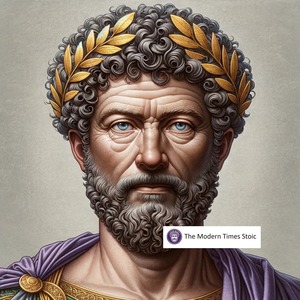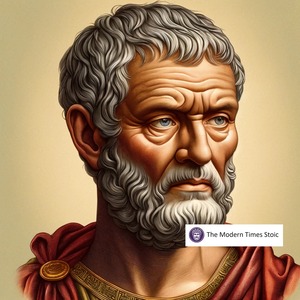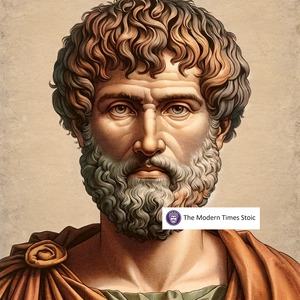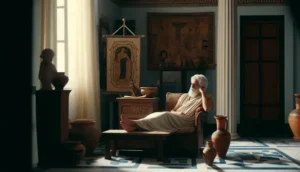In Seneca letter 55, “On Vatia’s Villa,” presents Seneca’s reflections on a visit to the country house once owned by Servilius Vatia, intertwined with philosophical musings on the nature of leisure and the essence of a life well-lived. Through descriptions of Vatia’s luxurious villa and the serene landscapes that surround it, Seneca explores deeper themes of tranquility, seclusion, and the distinction between true leisure and mere idleness.
Seneca begins by sharing the weariness he feels from being carried in a litter, remarking on how luxury has led to physical weakness, a state contrary to nature’s intention for human mobility and resilience. This introduction serves as a metaphor for the broader discourse on the ease and discomfort brought by luxury. “Nature gave us legs with which to do our own walking, and eyes with which to do our own seeing. Our luxuries have condemned us to weakness; we have ceased to be able to do that which we have long declined to do.”
"Our luxuries have condemned us to weakness."
Seneca Tweet This Quote
Upon sighting Vatia’s villa, Seneca contemplates the owner’s reputation for understanding how to truly live. However, Seneca critically distinguishes between Vatia’s secluded lifestyle, often mistaken for leisure, and the genuine peace that comes from philosophical wisdom. Seneca further elucidates the value of genuine leisure found in philosophical pursuit, contrasting it with the aimless existence of those who retreat from the world not out of wisdom but out of fear or envy. “For the mass of mankind consider that a person is at leisure who has withdrawn from society, is free from care, self-sufficient, and lives for himself; but these privileges can be the reward only of the wise man.”
"For the mass of mankind consider that a person is at leisure who has withdrawn from society, is free from care, self-sufficient, and lives for himself; but these privileges can be the reward only of the wise man."
Seneca Tweet This Quote
In his exploration of Vatia’s villa, Seneca admires its architectural beauty and strategic location, yet he emphasizes that true tranquility cannot be attained merely through one’s environment but must be sought within the mind. “The place where one lives, however, can contribute little towards tranquillity; it is the mind which must make everything agreeable to itself.”
"The place where one lives, however, can contribute little towards tranquillity; it is the mind which must make everything agreeable to itself."
Seneca Tweet This Quote
Seneca concludes by reminding Lucilius that the essence of friendship and the enjoyment of life’s pleasures are not bound by physical presence or the confines of luxurious settings. True companionship and the pursuit of wisdom can traverse any distance: “A friend should be retained in the spirit; such a friend can never be absent.”
"A friend should be retained in the spirit; such a friend can never be absent."
Seneca Tweet This Quote
In Letter 55, Seneca weaves a vivid narrative of his visit to a place of apparent repose to underscore a profound examination of leisure, solitude, and the stoic pursuit of a life grounded in philosophical reflection rather than material indulgence. Through his critique of Vatia’s lifestyle and his own introspections, Seneca offers timeless insights into the pursuit of a life that is truly rich in meaning and contentment.







